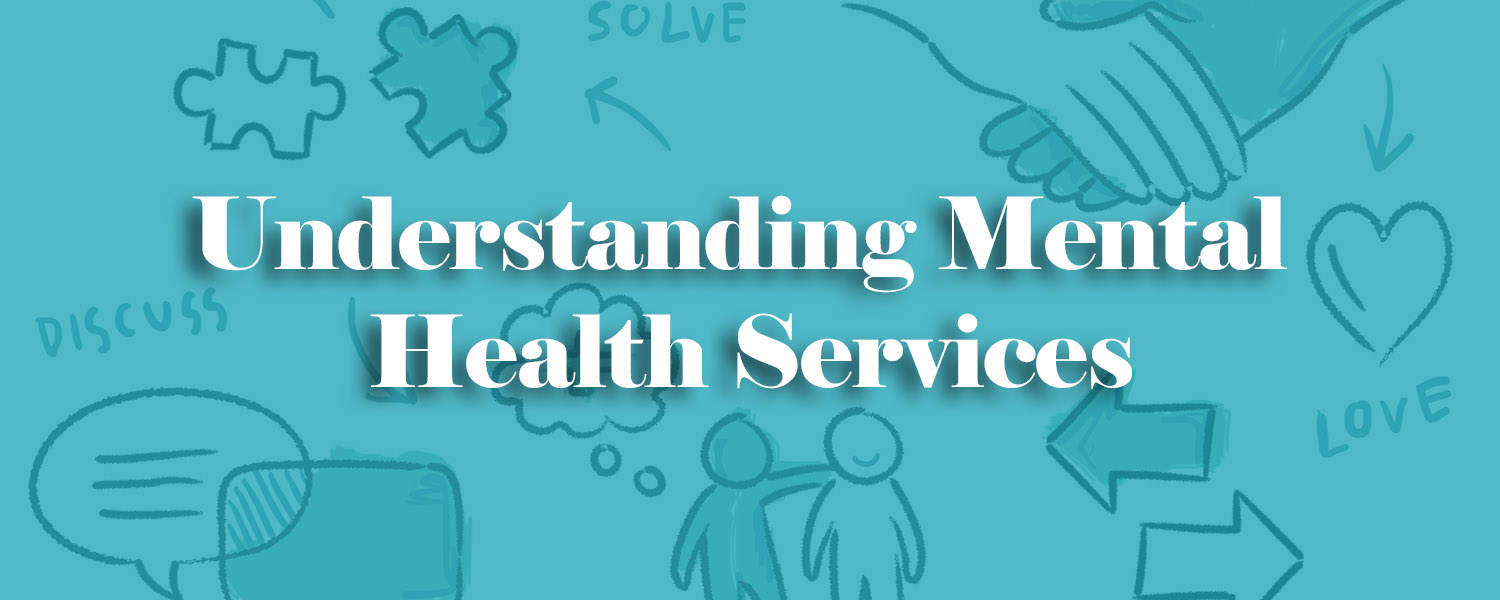
Information Sharing and Confidentiality
Talking with the health professionals about the person you care for can be difficult as staff may refuse to tell you some things because of ‘confidentiality’. This can make caring for your relative difficult and can lead you to feel left out of their care.
Before staff can share some information with you, they need to have gained consent from your relative – i.e. their permission to share this information. This is important because your relative needs to feel safe in talking openly with mental health staff about their experiences.
There may be some information that your relative does not want you to know. This might be about their private experiences or beliefs.
The important thing is to find out what information staff can share with you, and what you can share with them. This is important because it ensures there is good communication between the people providing support.
Information sharing is not ‘all or nothing’. There is always some information that can be shared with you.
There are three main types of information:
General Information – this is what is available to the general public about mental health problems, treatment options and services that are available.
- Staff can always share general information with you
Personal Information – specific information, such as your relative’s mental health diagnosis, medication and their care plan.
- Staff can share personal information on a need to know basis with careful consideration of the risks and benefits of this disclosure. For example, if you are named in the Care Plan as a provided of support, you need to know what this is.
Personal Sensitive – highly personal information, such as sexual orientation or personal views about their relationship with family members.
- Staff will only share this information when there is a risk involved in not doing so
Watch Professor Fiona Lobban talk about how to share concerns with medical professionals
Remember that you can give any relevant information about your relative to staff that you think it is important for them to know. This does not breach confidentiality on their part, and may be essential for them to know. Unfortunately, confidentiality is not always managed well in mental health teams. Staff may feel unsure about what they can and cannot share and err too much on the side of caution. If confidentiality has become an issue for you, or you feel you are not getting the information you need, here are a few useful strategies you could try:
Problem – You can’t get anyone in the clinical team to talk to you because of ‘confidentiality’.
Strategy – Ask the Care Coordinator to discuss what information they can tell you, rather than what they can’t. They should offer information about psychosis / bipolar disorder and advice for relatives that does not require detailed personal information. If you are still finding it difficult to get information, then you can ask for a risk assessment to be carried out, where you will need to be involved as the primary carer.
Problem – Even though your relative is getting better and things have improved at home, you are still not communicating well with the clinical team.
Strategy – Ask the Care Coordinator to revisit the discussion with your relative about sharing information. Often when people start to improve, they are willing to share more information
Problem – You have important information that you feel that the clinical team should know.
Strategy – One useful way of tackling this can be to say ‘I’m not asking you to give me information, I’m just asking you to listen and make a note of what I have to tell you.’ If staff fail to do this then they are being negligent and you need to ask to speak to a senior manager.
Problem – Despite trying the above suggestions, you are still having problems with information sharing.
Strategy – Rules around confidentiality are complicated even for professionals. Try to speak to someone senior who is likely to have a better understanding of what information can and can’t be discussed. Your NHS Trust must have a policy about this (an ‘information-sharing’ policy) which you can request a copy of.


